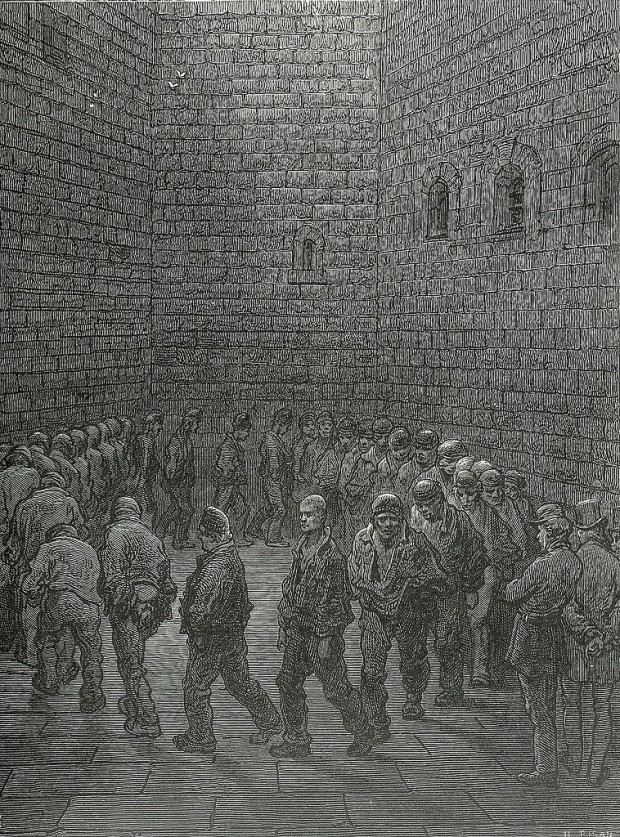An iconographic and text archive related to communication, technology and art.
Quand on célèbre la «pensée», on célèbre un très petit nombre de produits d’un très petit nombre d’êtres.
La plupart des pensées que nous suivons, projets, opinions, etc., pourraient être tirés au sort
Quant aux questions qui tourmentent la métaphysique et la conscience, (et qui feraient la dignité de l’homme si l’on écoutait ceux qui les cultivent et les élèvent en cage), elles valent les mouvements des animaux qui vont indéfiniment de gauche à droite et de droite à gauche jusqu’à tomber de fatigue. Le penseur est en cage et se meut indéfiniment entre quatre mots.
☛ Oeuvres by Paul Valéry, Paris: Gallimard, coll. Pléiade, tome 2, 1960, p. 871. Originally published in Mauvaises pensées et autres, Paris: Gallimard, 1942, “N. L’homme pensant”.
To my knowledge, Mauvaises pensées et autres was never translated into English. Additionally, the French edition is out of print and used copies are rare and expensive. Th easiest way to discover the book is through the Pléiade edition.
The very last sentence of the excerpt could be translated as follows (a very literal translation):
The thinker is in a cage and moves indefinitely between four words.
Another translation exist since the quote was also used by French essayist Maurice Blanchot in his book L’Écriture du désastre (Paris: Gallimard, 1980, p. 165) which was translated into English in 1995 as The Writing of the Disaster. In it, Blanchot added a comment to the effect that this portrait of the thinker by Valéry wasn’t so bad after all:
Valéry: “The thinker is locked in a cage and paces indefinitely between four words.” What is said pejoratively here is not pejorative: repetitive patience, infinite perseverance. (tr. by Ann Smock, University of Nebraska Press, 1995, pp. 106-107)
The image below is a wood engraving by Gustave Doré titled “Newgate Exercise yard”. It was published in 1872 in the book London : A pilgrimage which was co-authored with Blanchard Jerrold (image in the Public Domain, retrieved from Wikimedia Commons).

- By Philippe Theophanidis
- on
- ― Published in Communication, Woodcut
- Tagged: animal, Blanchot, cage, engraving, Gustave Doré, humanity, Paul Valéry, prison, thinker, thought, word
